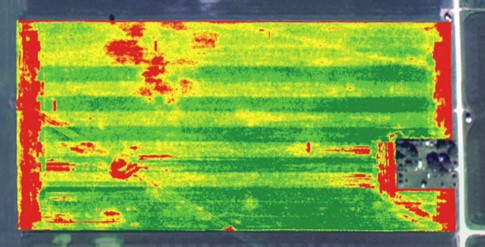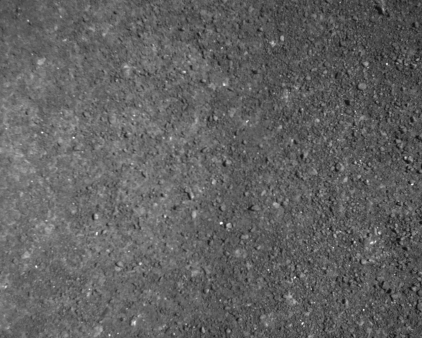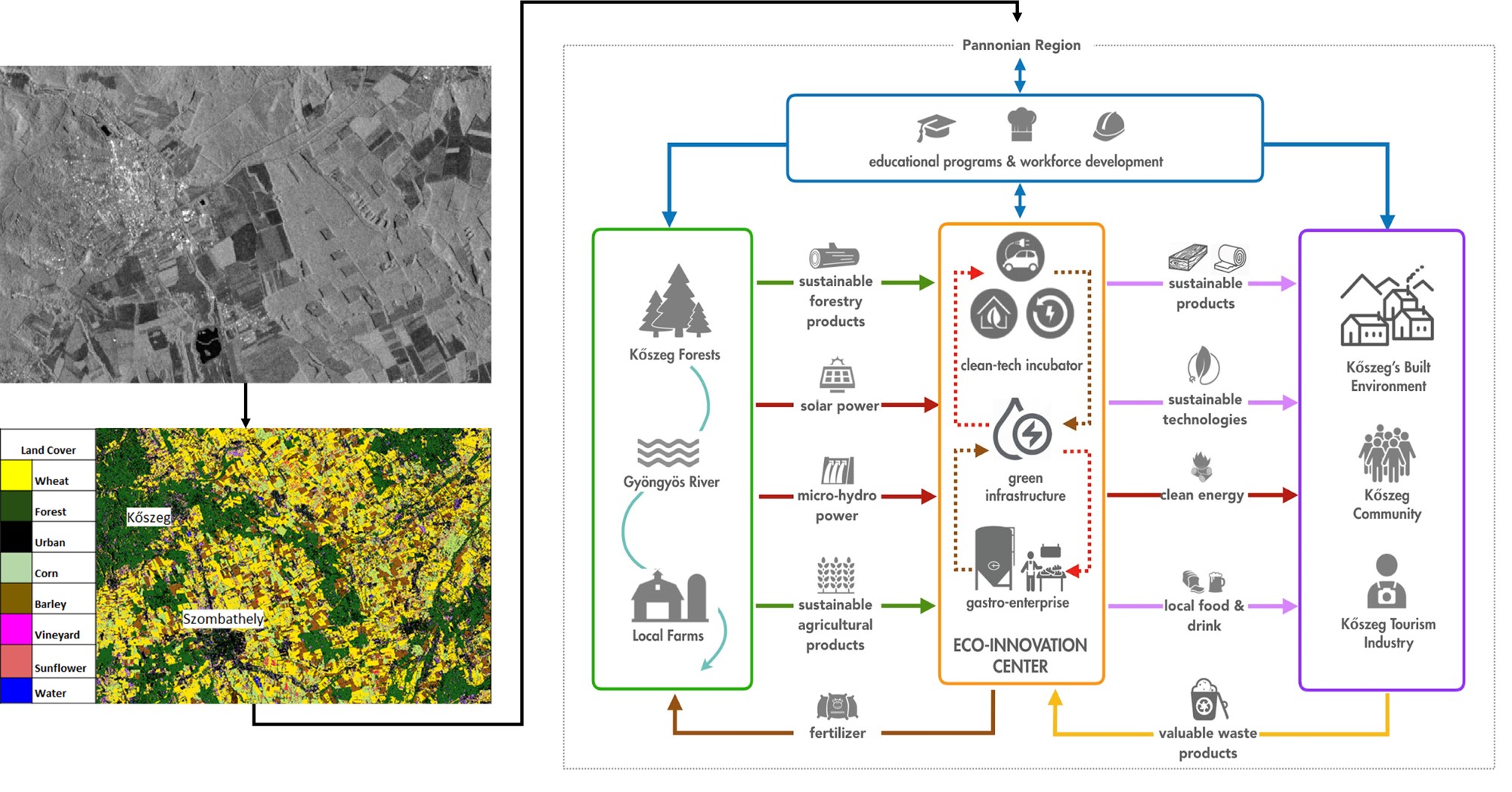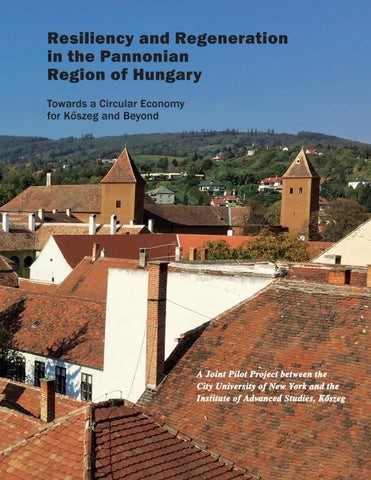Agriculture
Precision agriculture, utilizing satellites and drones, optimizes farming efficiency and sustainability by enabling accurate crop health monitoring. This includes early detection of stress, disease, or nutrient deficiencies. Additionally, precise monitoring supports accurate estimates of carbon sequestration, aiding the development of sustainable agriculture practices and climate mitigation strategies.
The following imagery highlights agricultural research I have conducted at:
• NASA’s GRAPEX vineyards in Sonoma, CA
• UC Davis Russell Ranch Sustainable Agriculture Facility
• Pindar Vineyards in Long Island, NY
• University of Florida Institute of Food And Agricultural Sciences



Circular Economy
Circular economic approaches aim to shift away from traditional production practices that generate high carbon footprints, focusing instead on maximizing resource efficiency through optimizing local production and trade of goods. Remote sensing technologies provide crucial data for developing inventories of local agricultural, forestry, and energy resources.
This data enables stakeholders to optimize supply chains, identify opportunities for resource recovery and reuse, and maximize regional goods exchange. Implementing these strategies can lead to lower carbon footprints in production and supply chains, providing a significant climate mitigation solution.

The workflow depicted above showcases my work focused on the resilience and regeneration of the forestry and agriculture sectors towards a circular economy in Hungary’s Pannonian region. This joint project was conducted in collaboration with the Institute of Advanced Studies Kőszeg (iASK) and the City College of New York.
Serving as the lead for the forestry and agriculture sector, our research findings were published in the collaborative report below focusing on revised economic strategies and science-driven policy recommendations for regional planners aiming at sustainable development in Hungary.

